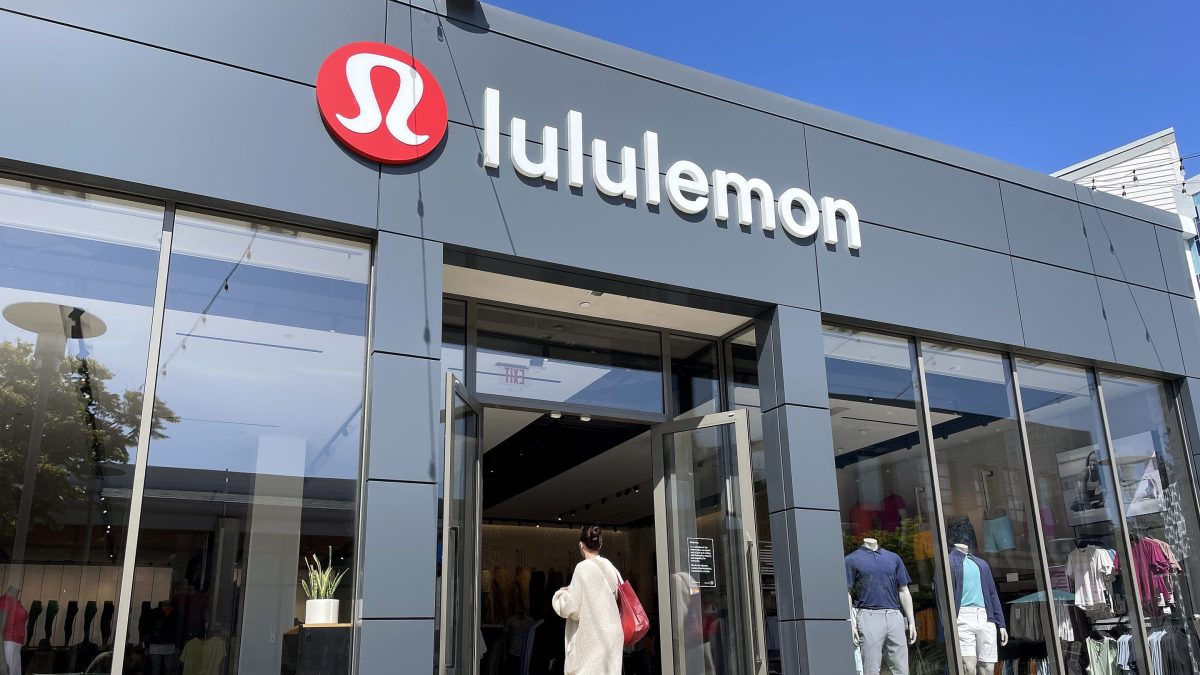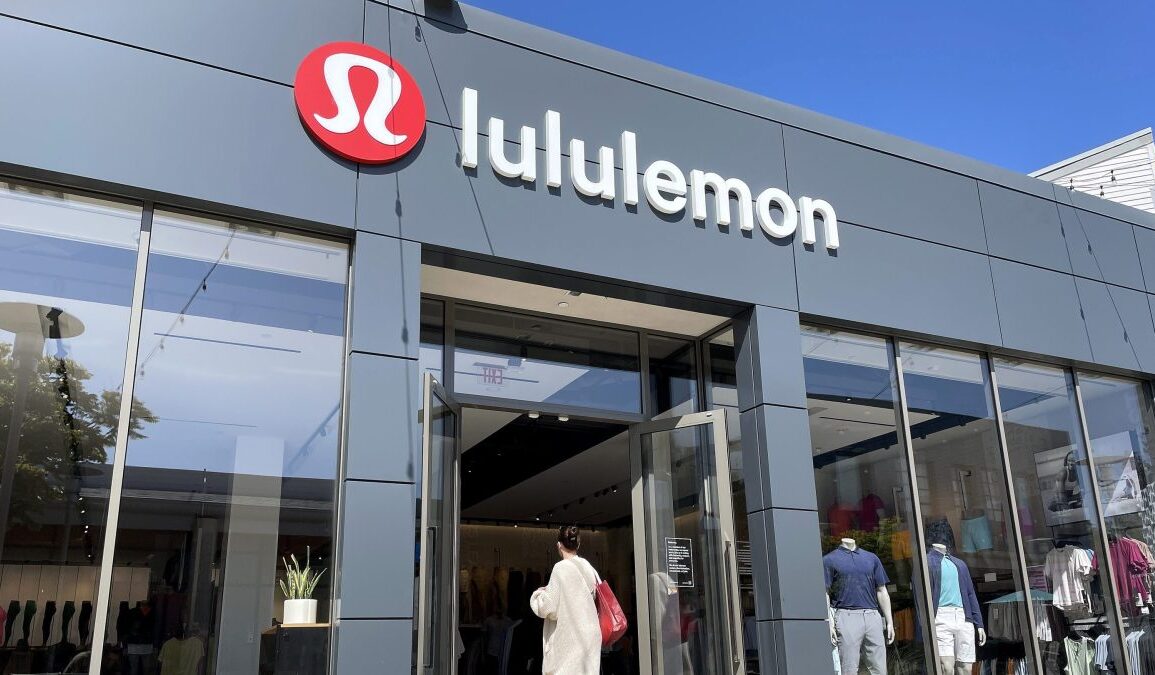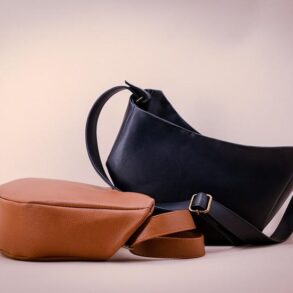
Would you invest thousands of dollars on designer handbags or clothes when you can discover a strikingly similar ones for a fraction of the cost?
The luxury fashion industry in the U.S. is currently valued at more than $27 billion. But high interest rates and inflation have led to a rise in bargain hunters searching for replicas or duplicates — known as dupes.
It’s a trend that’s been fueled by influencers. #Dupe has been viewed on TikTok more than 4 billion times. But what is the difference between a dupe and a counterfeit?
“A dupe is an item that has similarities to a designer item but doesn’t actually copy the logos or the trademark features,” said Elizabeth Paton, international styles correspondent for The New York Times. “Dupes are generally not illegal, whereas a counterfeit or fake is an item that’s deliberately attempting to pass itself off as the real thing. And counterfeits are illegal.”
But, as intellectual property lawyer Cathy Hill explains, ultimately someone’s design is being copied.
“So there’s an ethical as well as legal question as to whether that’s right. It does start to undermine the brand in a way because the brand is obviously losing sales through these dupes being so popular,” she said.
Jenny Taylor is a trainee teacher in England who buys duplicate designer sports leggings: “My mum recently bought me some Lululemons, which I absolutely loved,” she said. I wanted to get another pair so I looked online and couldn’t afford their price tag.”
Instead of $100, the replica leggings were a third of the price.
“I can’t tell any difference between them and my Lululemons. And no one would know the difference,” she said. “Definitely no, not showing any underwear when you’re doing a squat in the gym. Yeah, they’re great.”
So what about the companies affected? Well, Lululemon decided to embrace the trend and offered a swap deal: your duplicate for an original. Nikki Newberger, their Chief Brand Officer, admits that they’ve been able to build the brand on dupe culture:
“Anytime someone is sharing about an Align dupe, they’re talking about Lululemon,” she said. “It’s validating our product as the original, as culturally relevant and as stylish, so there’s a lot of upside to that conversation for us.”
As the dupes market continues to grow, more brands could decide to highlight the differences between the products instead of the similarities.
There’s a lot happening in the world. Through it all, Marketplace is here for you.
You rely on Marketplace to break down the world’s events and tell you how it affects you in a fact-based, approachable way. We rely on your financial support to keep making that possible.
Your donation today powers the independent journalism that you rely on. For just $5/month, you can help sustain Marketplace so we can keep reporting on the things that matter to you.
This post was originally published on this site be sure to check out more of their content.






